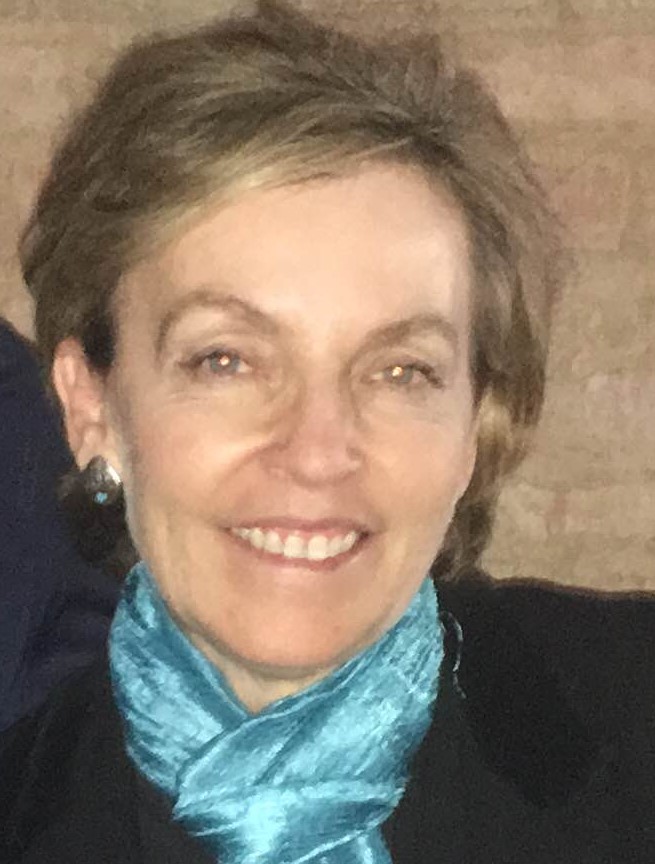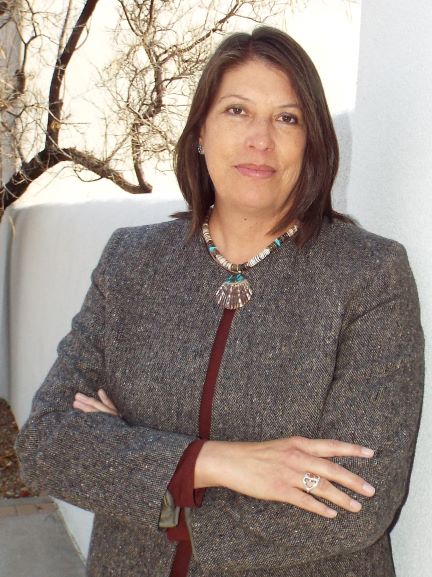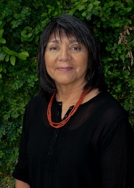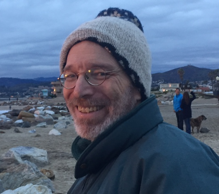 |
Teresa L. McCarty University of California, Los Angeles Principal Investigator |
Teresa L. McCarty (Principal Investigator) is the G.F. Kneller Chair in Education and Anthropology and Faculty in American Indian Studies at the University of California, Los Angeles. Her research, teaching, and outreach focus on Indigenous education, language education policy, and ethnography of education. She currently serves as coeditor of the Journal of American Indian Education. Her books include A Place To Be Navajo – Rough Rock and the Struggle for Self-Determination in Indigenous Schooling (2002), “To Remain an Indian”: Lessons in Democracy from a Century of Native American Education (with K. T. Lomawaima, 2006), Ethnography and Language Policy (2011), Language Planning and Policy in Native America (2013), Indigenous Youth and Multilingualism (with L.T. Wyman and S.E. Nicholas, 2014), Indigenous Language Revitalization in the Americas (with S. Coronel-Molina, 2016), and A World of Indigenous Languages (with S.E. Nicholas and G. Wigglesworth). She lives in Los Angeles, CA with her husband John Martin, and is passionate about her family, music, and language revitalization.
 |
Tiffany S. Lee University of New Mexico Co-Principal Investigator |
Tiffany S. Lee (Co-Principal Investigator) is the Chair and Professor of Native American Studies at the University of New Mexico. She is Dibé Łizhiní (Blacksheep Navajo) and Naałaní (Oglala Lakota) from Crystal, NM and Pine Ridge, SD. She studies Native youth perspectives on language reclamation and identity. She also investigates socioculturally centered educational approaches for Native students. Her work has appeared in the American Journal of Education, Harvard Educational Review, and Journal of American Indian Education, and in books such as Indigenous Youth and Multilingualism and Diné Perspectives: Revitalizing and Reclaiming Navajo Thought. She is the former President of the Navajo Studies Conference, Inc. From 2008 to 2011, she codirected a New Mexico-wide, mixed-methods study funded by the New Mexico Public Education Department, on the state of American Indian education, focusing on “best practices” from the perspectives of Native students, community members, and public school teachers. She has three children, loves to play volleyball, and her husband, Ivan, is a prop maker in the film business in New Mexico.
 |
Sheilah E. Nicholas University of Arizona Co-Principal Investigator |
Sheilah E. Nicholas (co-Principal Investigator) is a member of the Hopi Tribe. An Associate Professor in the Department of Teaching, Learning and Sociocultural Studies at the University of Arizona, she teaches courses on Indigenous oral traditions, culture-based education, language and culture in education, and teacher research. The focus of her scholarly work includes Indigenous/Hopi language maintenance and reclamation, Indigenous language ideologies and epistemologies, and cultural and linguistic issues in American Indian education. Her current scholarship draws on her work in planning and implementing a Hopi language teacher education and professional development program as consultant-instructor for the Hopi Tribe’s Hopilavayi Summer Institute (2004-2010). As a field consultant-instructor for the Indigenous Language Institute, she assists tribal communities interested in Indigenous-language immersion teaching. She lives in Tucson, Arizona—the place of Saguaro cacti, beautiful sunsets—with her husband, Joseph LaMantia, and is committed to language revitalization. She has relearned her heritage language of Hopi to gift the language to her future grandchildren.
 |
Michael H. Seltzer University of California, Los Angeles Co-Principal Investigator |
Michael H. Seltzer (co-Principal Investigator) is a Professor in the Social Research Methodology program in the Graduate School of Education and Information Studies at the University of California, Los Angeles. He specializes in the use of multilevel models in investigating variation in treatment effects in multi-site studies of educational programs, and in analyzing longitudinal data. His methodological work has appeared in such journals as the Journal of Educational and Behavioral Statistics and Evaluation Review, and his collaborative work on substantive projects has been published in journals in Reading Research Quarterly, Developmental Psychology, and the Journal of Research on Mathematics Education. He teaches courses in multilevel modeling and causal inference, and an interdisciplinary course focusing on the philosophical underpinnings of inquiry. He lives in Los Angeles and shares a passion for music with his wife Shelley and daughters Sarah and Kaela.
